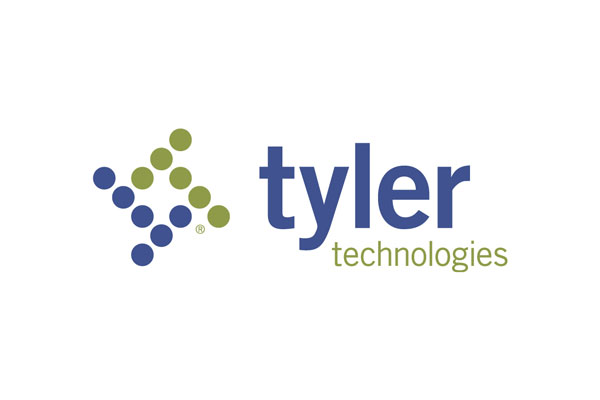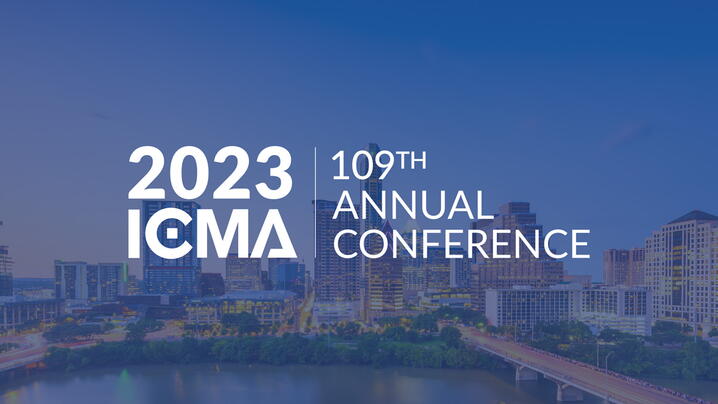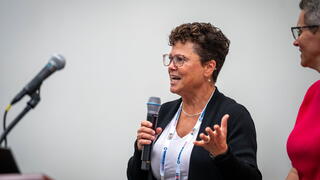Learn more about ICMA's Global Engagement Strategy (GES) that will guide our efforts to realize ICMA’s vision internationally

Give your feedback by October 20.



Still planning out your conference schedule? Consider adding these sessions to your list.


Join us for free workshops and to meet ICMA's EMO Cohort at the ICMA Annual Conference in Austin, Texas.
Thanking ICMA members for their military service.

Best practices for local government leaders to consider when developing a sports complex.
